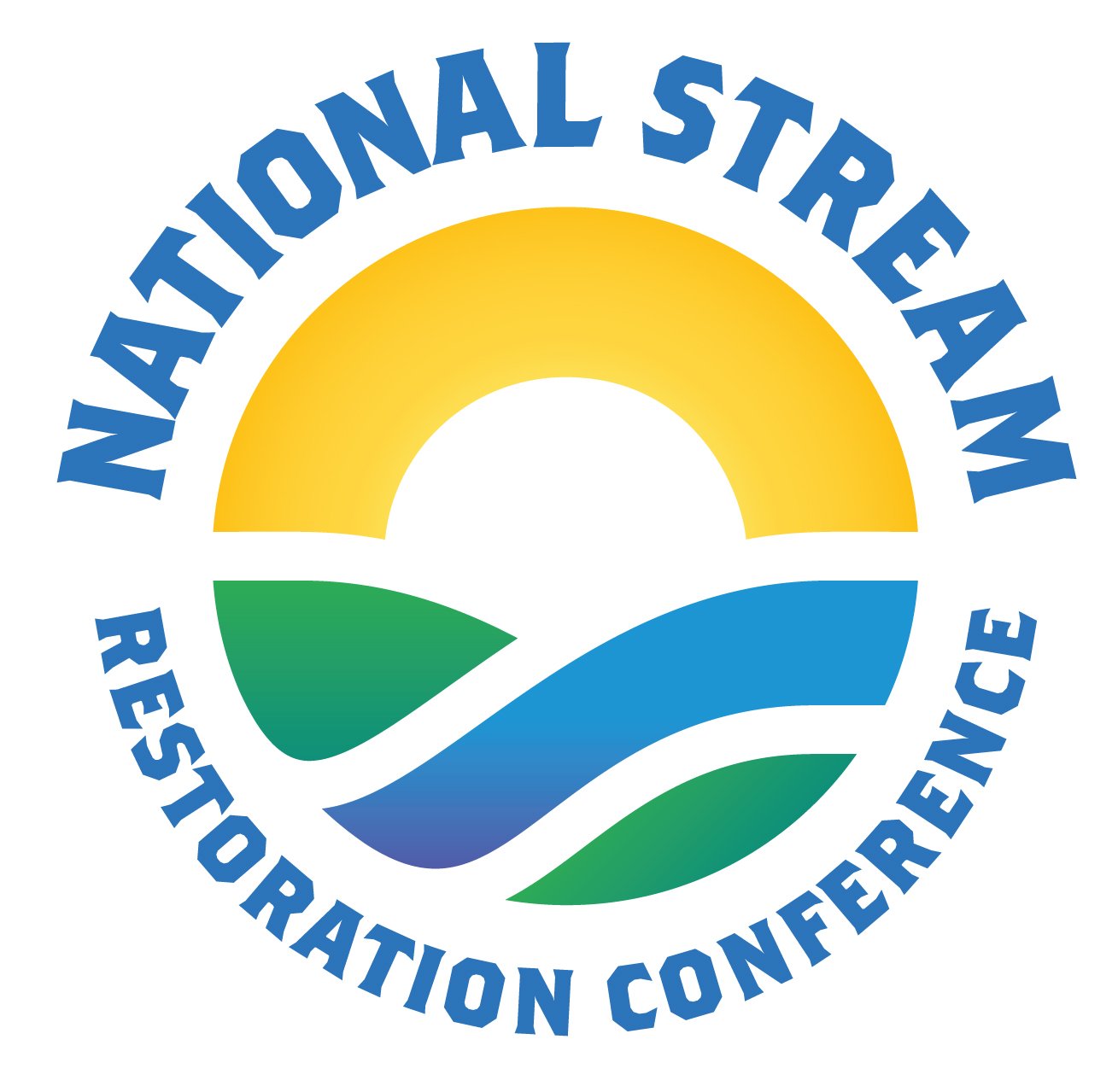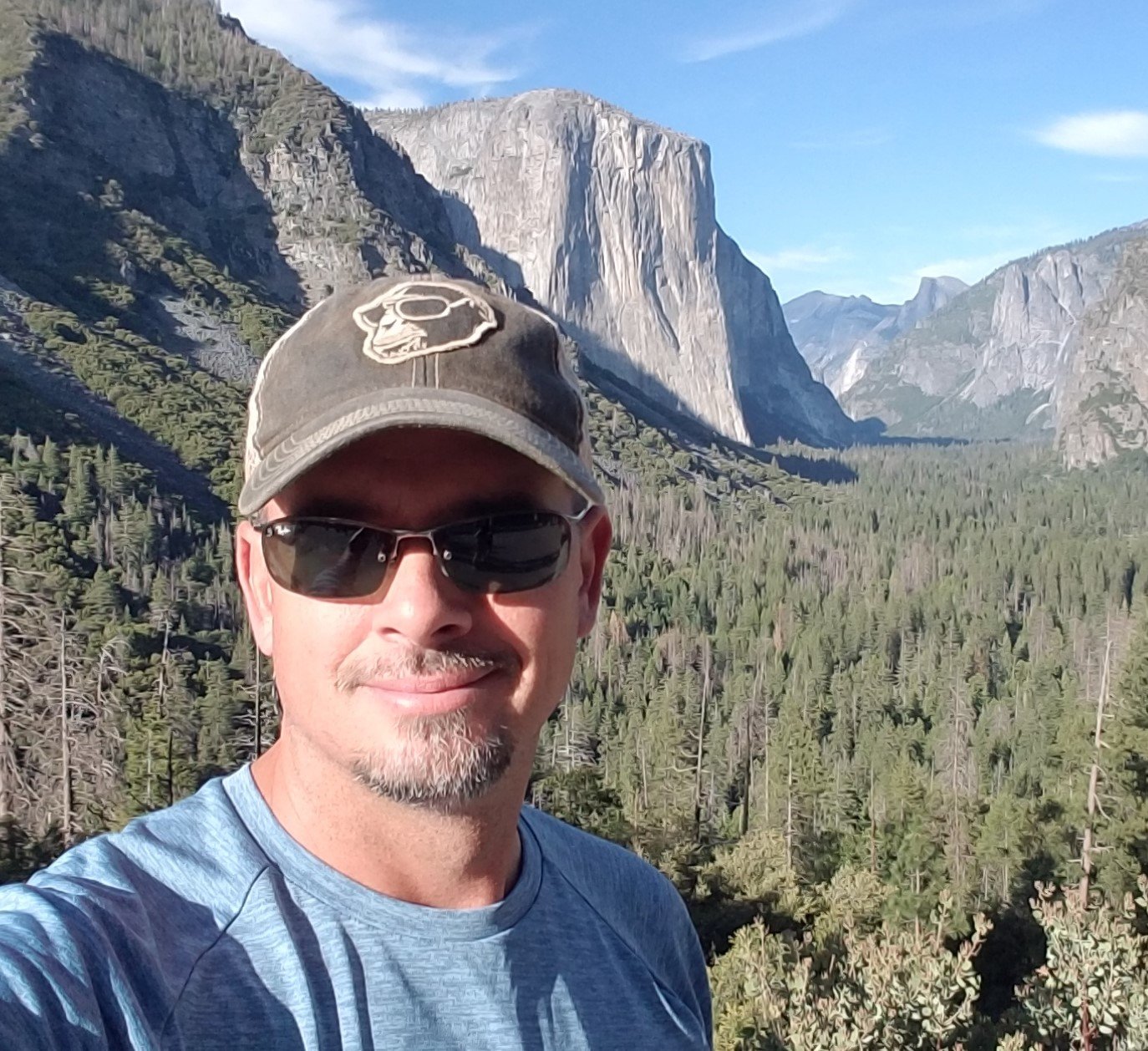Construction Benefits of Beaver Dam Analog Stream Restoration
Michael Thompson
Meadville Land Service
Cochranton, PA
Designers and clients are always looking for new and innovative ways to restore streams to mimic natural processes, and one such method is through the construction of beaver dam analogs (BDAs). This restoration technique uses a matrix of woody material to create artificial beaver dams that create sufficient grade control and/or roughness to elevate the water surface while at the same time still allowing interstitial flow through the structure, similar to natural beaver dams. By creating a series of BDAs, designers can raise the invert of the stream in an effort to reconnect the stream with a historic floodplain and increase groundwater hydrology and hyporheic connection. This technique is highly beneficial in terms of the availability of materials, ease of construction, and relatively low-impact construction methods. Meadville Land Service recently worked with the Arundel Rivers Federation and Biohabitats to install BDAs along approximately 1,100 feet of the mainstem of Beards Creek outside of Annapolis, MD, and approximately 650 linear feet of side channel. Over the years, Beards Creek had eroded and incised and became a good opportunity for restoration utilizing the BDA approach. Except for one culvert outfall stabilization, no other rock was used on-site. More than 75% of the wood that was used for the structures was harvested on-site from brush and trees that were removed for access to the stream. This project primarily utilized on-site materials to create a stable stream system that has been reconnected to its floodplain. The ecological benefits of this restoration approach go beyond ecological uplift, by reducing construction time frames and material import, ancillary ecological benefits can be achieved.
About Michael Thompson
Mike has over 20 years of experience in the stream and wetland restoration industry. His background has primarily been focused on assessment, design, construction, and monitoring of restoration projects, but he also has experience with stormwater management retrofits, low-impact design as well as ecological master planning. Mike is a qualified forest professional with the MD DNR, a Professional Wetland Scientist, Certified Ecological Restoration Practitioner, and a Certified Senior Ecologist. Mike has completed all four levels of Rosgen training and has a background in biological monitoring for macroinvertebrates and fish. Mike has a love for just about all things outdoors and focuses on improving habitats for all things great and small.

